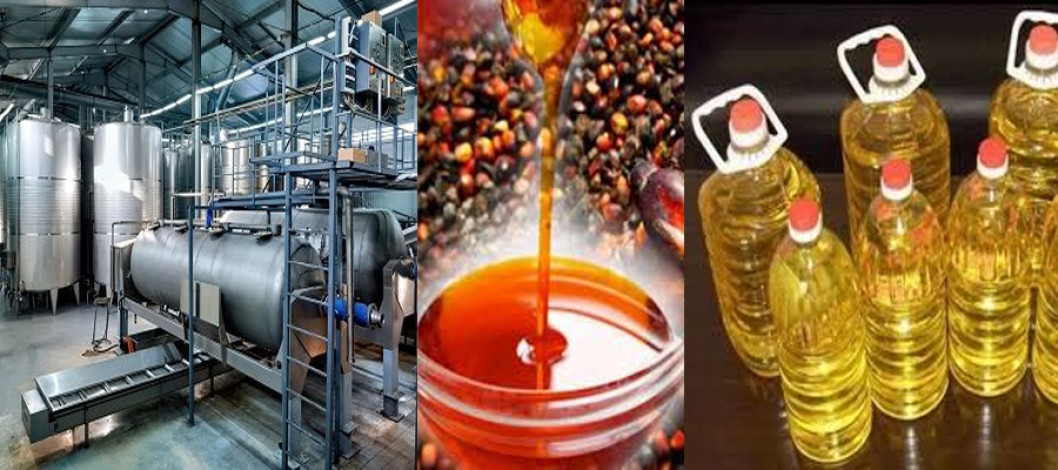
File Photo
The Asian Palm Oil Alliance (APOA) has urged Hindustan Unilever (HUL) to reconsider its decision to reduce palm oil content in its soaps by 25%, citing rising palm oil prices and environmental concerns. APOA said the move could have serious implications for millions of oil palm farmers worldwide, especially smallholders.
It was reported in the news media that HUL has reduced the use of palm and its derivatives in soaps by 25% due to product price volatility and environmental concerns.
"This decision, attributed to rising palm oil prices and environmental considerations, has significant implications for both the industry and sustainable development efforts," APOA said in a release.
The edible oil industry is worried about the ‘signal’ given by the HUL’s decision to cut the use of palm oil.
“While we acknowledge that palm oil prices are currently higher than before the pandemic, this increase is primarily due to rising input costs. Needless to say palm oil prices are influenced by other edible oil prices like soya and sunflower oil. To single out palm oil for unwarranted criticism appears a bit unfair and uncalled for,” said Atul Chaturvedi, chairman, of APOA, which represents India, Sri Lanka, Bangladesh, Nepal, and Pakistan.
He added, “Initiatives like India's National Mission on Edible Oils - Oil Palm (NMEO-OP) underscore palm oil’s critical contribution to economic empowerment.”
According to APOA, HUL’s environmental rationale warrants careful scrutiny. “The efficiency of oil palm cultivation in terms of yield per hectare and resource use efficiency remains unmatched by alternatives. Notably, HUL has been a stalwart in promoting sustainability certifications like RSPO, yet reducing palm oil use may undermine these efforts and jeopardise smallholder incomes,” said Chaturvedi.
APOA has requested HUL to provide transparent and scientifically supported evidence comparing the environmental impacts of palm oil and its substitutes on an industrial scale.
Source: Online/GFMM
Comment Now